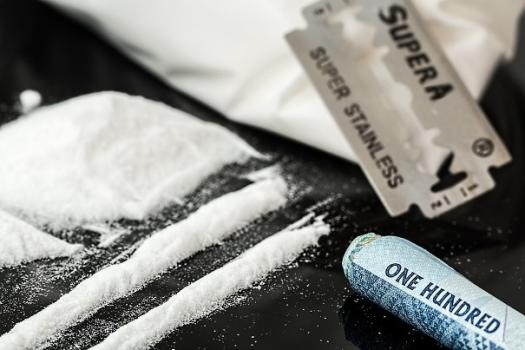Maine Marijuana Stores to Finally Open, KY "Breonna's Law" Banning No-Knock Raids Filed, More... (8/17/20)
After years of delay, Maine regulators say retail marijuana outlets will be open in October, eight people were killed in a Colombian region where different leftist guerrillas are fighting each other for control of the drug trade, and more.









